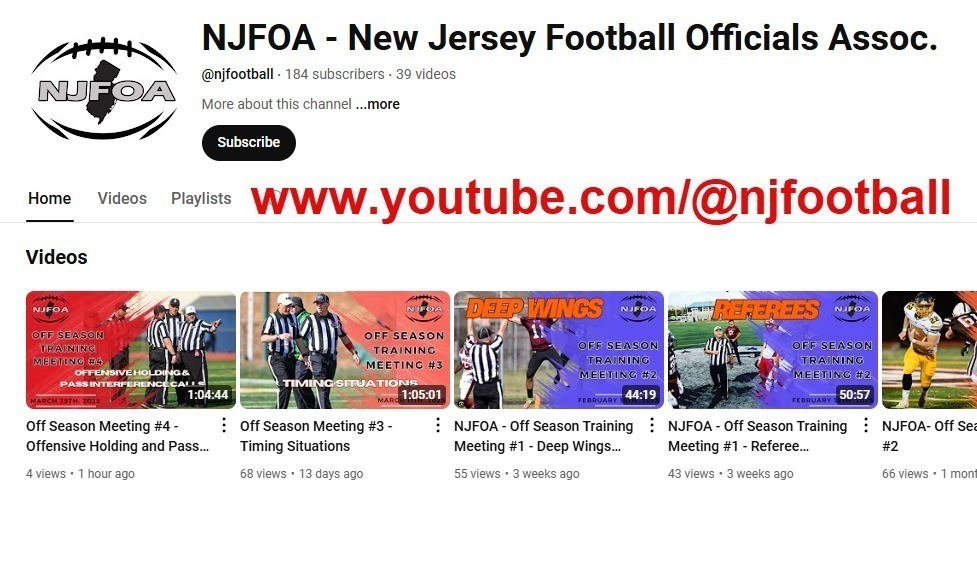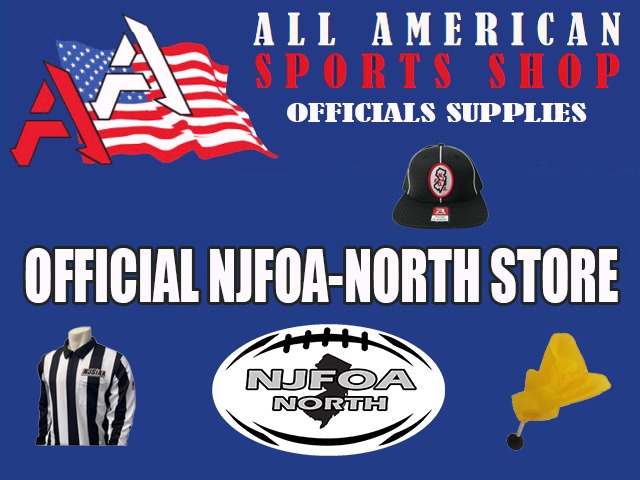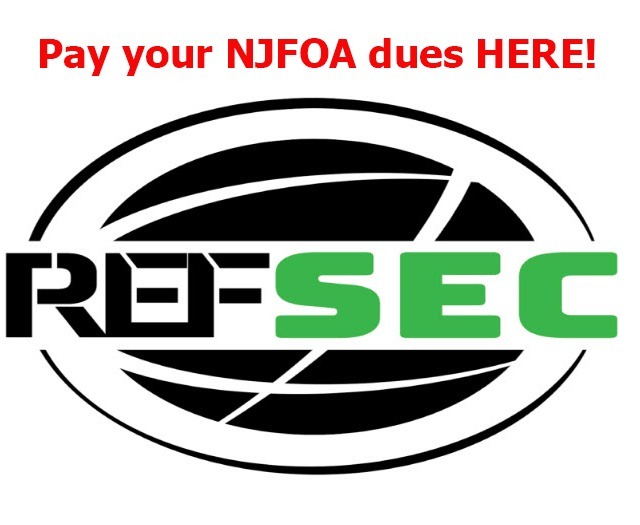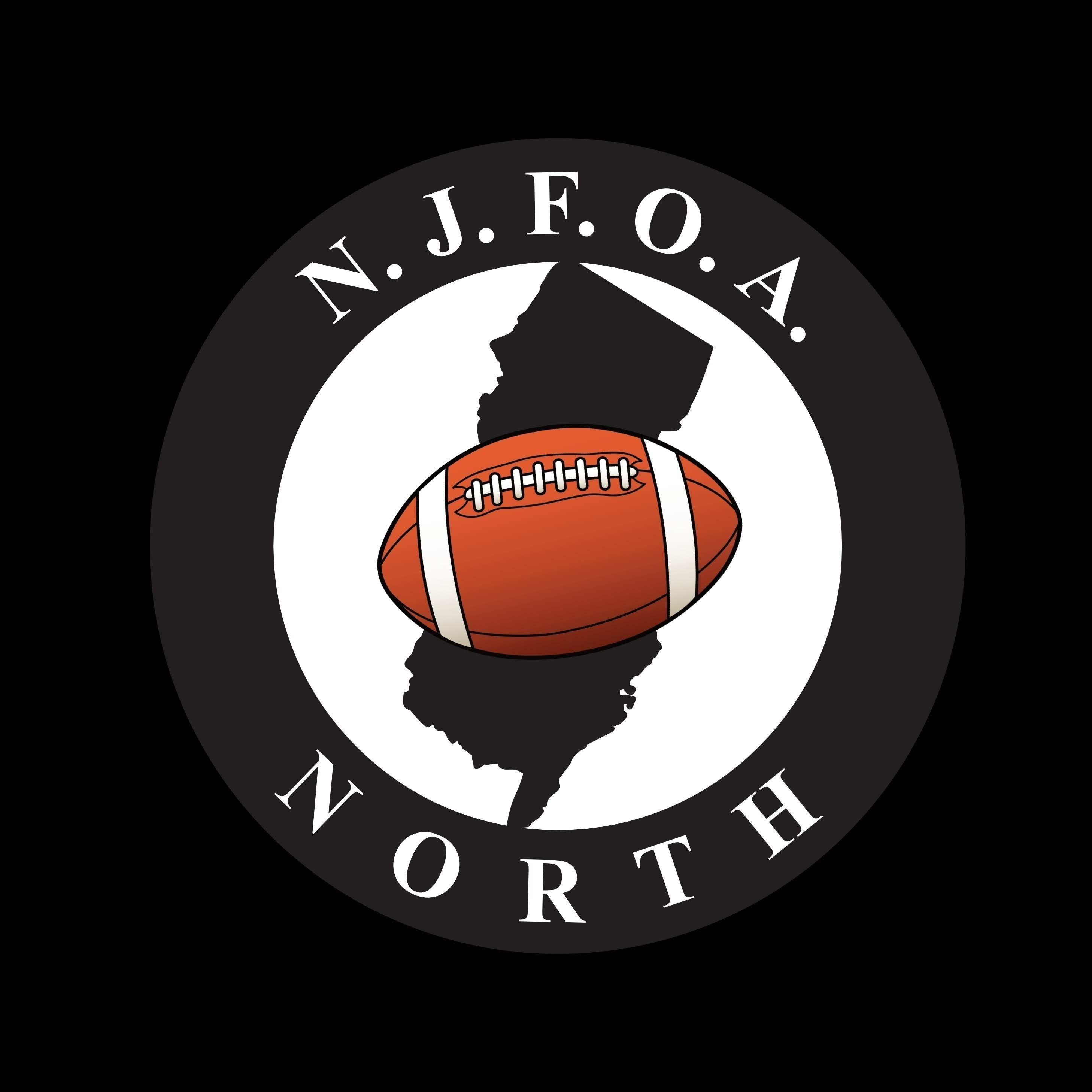
www.youtube.com/@njfootball Click Subscribe to be notified when new videos are posted!

GO TO STORE WEBSITE!

Click below to go to RefSec!

Use the link below to go to the All American Sports Website!

Ask yourself these questions: • Do you have a true passion for football? • When watching college and professional football, do you find yourself breaking down referee calls on the field? • Do you...
The Zoom meeting scheduled for 9/17/24 has ben postponed to 9/24/24. Check back for more information. ...
9/17/2024The Nominating Committee will be accepting statements of interest, from members in good standing, for serving a four-year progressive term as Second Vice-president, as well as three-year Executive Boa ...
9/13/2024SEASON OPENS TODAY! Good luck to all teams, coaches, players and officials! ...
8/29/2024